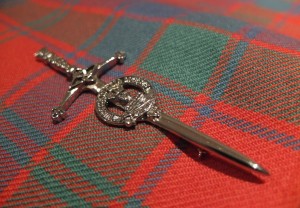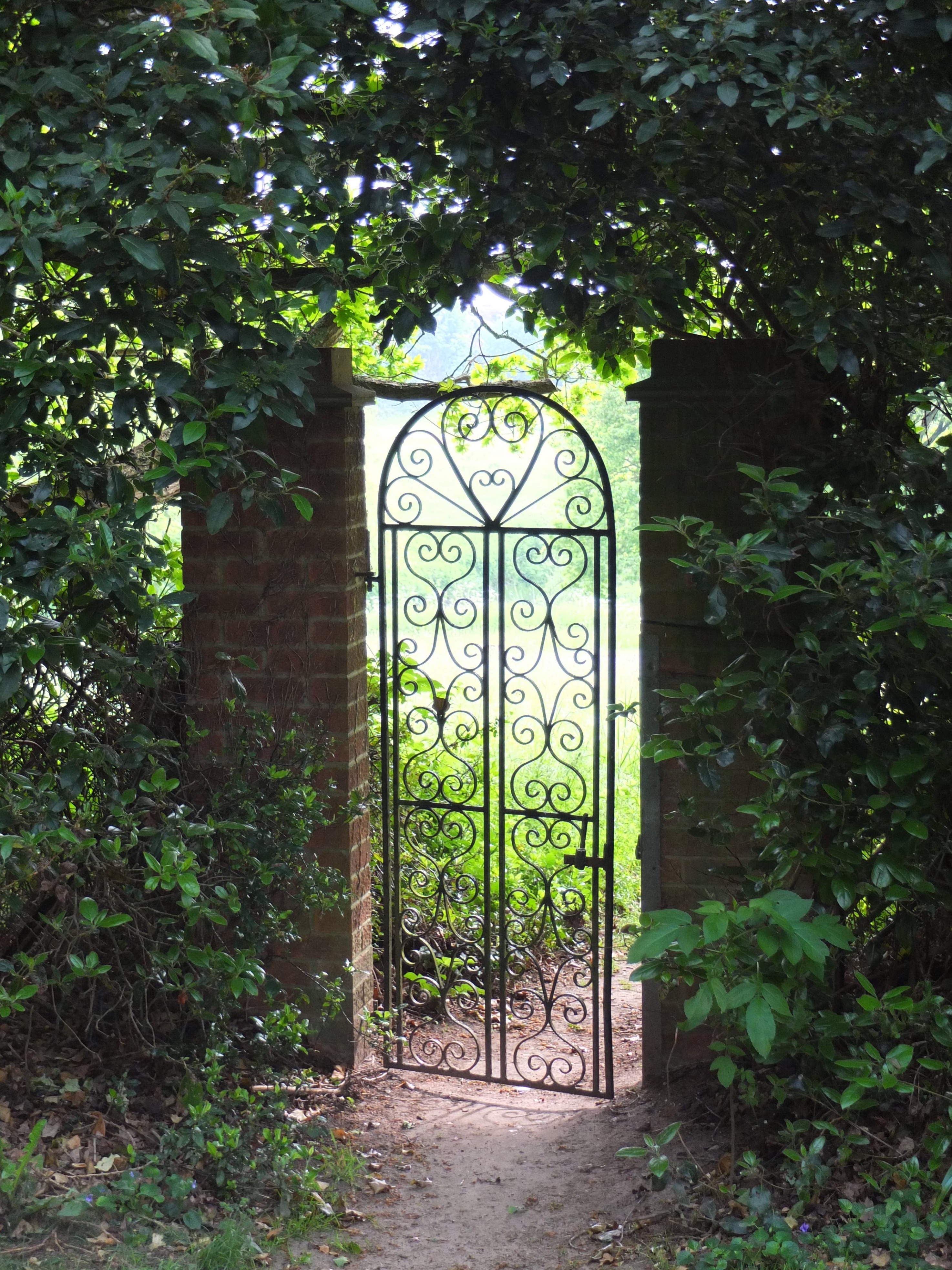 Best line in the latest episode of the long-running ‘Bond’ franchise – as Albert Finney’s highland gamekeeper, Kincade, greets the first two evil henchmen through the door of the Bonds’ ancestral home – Skyfall – with both barrels of his sawn-off shotgun:
Best line in the latest episode of the long-running ‘Bond’ franchise – as Albert Finney’s highland gamekeeper, Kincade, greets the first two evil henchmen through the door of the Bonds’ ancestral home – Skyfall – with both barrels of his sawn-off shotgun:
‘Welcome tae Scotland’…
A considerable body of commentary has already been added to the InterWebNet on the subject of Skyfall, which Kickass Canada Girl and I saw – and enjoyed hugely – at the London IMAX over the weekend. Much of the critical reaction has been overwhelmingly positive – which pretty much reflects our view – whilst viewer comments on blogs and forums have comprised the usual baffling mixture of the amusing and the frankly bizarre. I don’t mean to cavil, but who really gets upset over minor plot holes in a Bond movie? Isn’t that rather missing the point?
I have no intention of adding to the tsunami of online reference material on the film itself – but the fact that this year marks the 50th anniversary of the franchise does merit a little consideration. It is my contention that there has been no other franchise in movie history that even comes close to matching the record of the Bond films. I am not interested here in box office take nor profits made – only in the length and diversity of what is, after all, a single and relatively simple idea – which has been turned into a hugely successful and apparently perpetual series.
And the real gotcha? It’s British!!
Enthusiasts might point to the manner in which the franchise has been constantly refreshed – indeed ‘re-booted’, as the parlance goes – in order to retain its ‘relevance’ – though what such pertinence might actually comprise is a matter for endless debate. Again, relevance – in the sense of the films having something to say about contemporary life – is not really the point. At least – not directly…
Some would suggest that the enduring appeal of the films is based on the timeless diet of girls, guns and gadgets. There have, however, been a multitude of other action films with similar ingredients, and I would argue that that this alone can not explain such longevity. My view is that it is more than simply a question of each film beguiling its own generation. I believe that the franchise is capable of continual renewal because of its mythic nature – a nature that was integral to Fleming’s novels from the start.
Bond’s genesis was in the immediate post-war period. As the old world shivered in the embrace of the cold war, Britain – reluctantly but with typical sang froid – dismantled and handed back the constituent parts of its empire. The fact that it had little choice in the matter is barely relevant. Intended or not, few other nations have handled the transition to the post-imperial state with as little turbulence.
What was lost however – along with the empire itself – was the nation’s sustained and carefully crafted imperial mythology. Largely the work of the Victorians, and with its stiff upper lips, sun never setting, pungent whiffs of patriotism and a dashed all-round sense of fair play, this self image – though partial (in all senses) at best – had served the nation well. Whatever republicans and modernists might protest to the contrary, we are a smart enough race to recognise the importance of a national mythology, which is why so many of our myths have survived in one form or another. The loss of empire and demotion from top-nation spot had, however, left a yawning void in our psyche – a void which clearly needed to be filled.
Enter the sixties. Enter James Bond.
In Fleming’s novels – and in the subsequent movie franchise – we have found a new mythic self-image. We like the patriotism, the sense of duty, the determination to succeed against the odds and the understated suggestion of heroism. We appreciate the dry sense of humour, regardless of the situation. We like the style – the tailoring, the cars, the yachts, the luxury lifestyle – strangely (and yet not!) at odds with the purpose of the role. We also like that the films showcase much that we are proud of in our culture – the music, the writing, the acting (Daniel Craig, Dame Judy Dench, Ralph Fiennes, Albert Finney, Javier Bardem – for goodness sake!), the camera work, the special effects – the pure, sophisticated, joyous class of it all!
To those critics who carp that such a brutish, womanising, unreconstructed chauvinist – Fleming’s ‘blunt instrument’ – is entirely unsuited as a mythic role model, I would simply point out that this is to misunderstand the nature of myth itself. Are not the Arthurian heroes also deeply flawed characters? Are not the North American creator figures – the Raven and the Coyote – also amoral tricksters, equally likely to steal, to gorge themselves and to fornicate their way through the firmament as they are to create the sun – the moon – mankind?
It was little surprise to me that Danny Boyle chose to foreground Bond amidst the panoply of cultural icons representing modern Britain in his definitive Olympic opening ceremony. It was only a momentary surprise that Her Majesty herself chose to sanction this choice by breaking with all tradition and appearing alongside – and thus endorsing – this fictional character.
Bond is now a key ingredient of the new mythical self-image that we have constructed for ourselves. And we like what we see…


Recent Comments